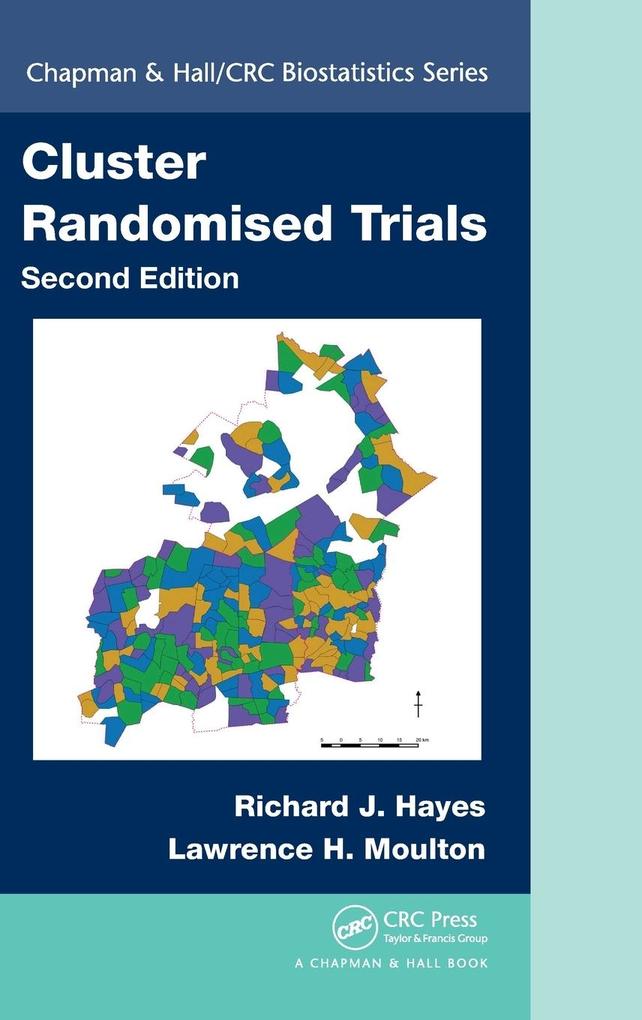Cluster Randomised Trials, Second Edition explores the advantages of cluster randomisation, with special attention given to evaluating the effects of interventions against infectious diseases. Avoiding unnecessary mathematical detail, it covers basic concepts underlying the use of cluster randomisation.
Inhaltsverzeichnis
Preface
Authors
Glossary
Part A Basic Concepts
Introduction
Variability between Clusters
Choosing Whether to Randomise by Cluster
Part B Design Issues
Choice of Clusters
Matching and Stratification
Randomisation Procedures
Sample Size
Alternative Study Designs
Part C Analytical Methods
Basic Principles of Analysis
Analysis Based on Cluster-level Summaries
Regression Analysis Based on Individual-level Data
Analysis of Trials with More Complex Designs
Part D Miscellaneous Topics
Ethical Considerations
Data Monitoring
Reporting and InterpretationReferences
Appendix


































